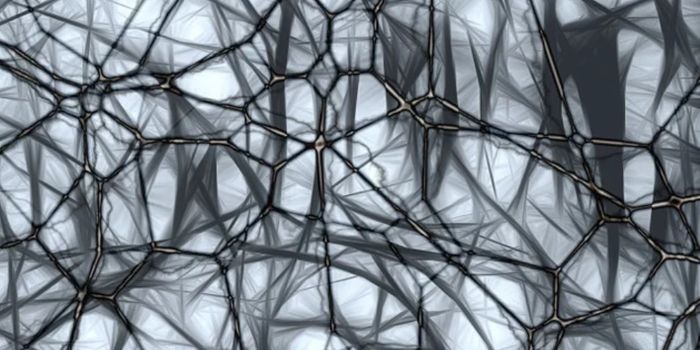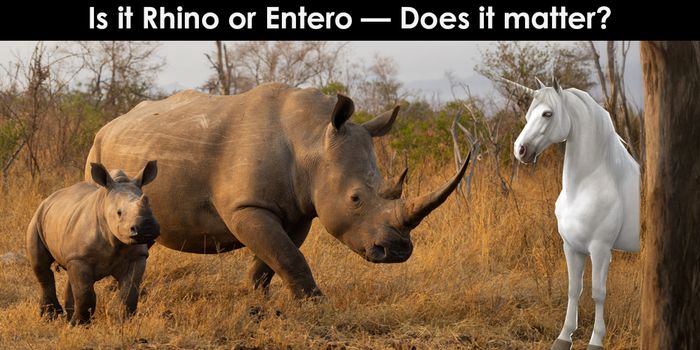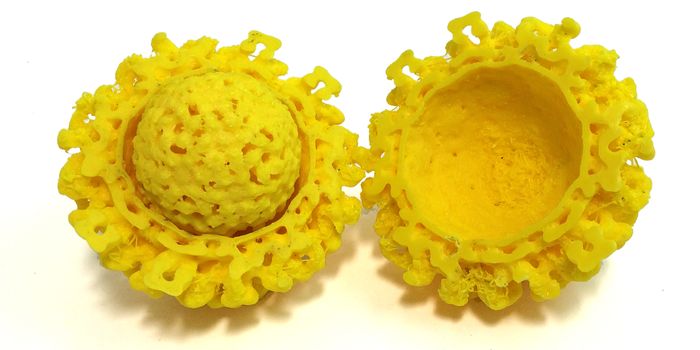Researchers now have a better understanding of how gut microbes contribute to obesity.
Mammals have white and brown fat cells. Brown fat burns energy, while white fat stores it. An excess of white fat leads to weight gain and can cause insulin resistance (¼ of a healthy adult’s body mass is white fat). There is, however, a third type of fat cell -
beige fat. This type of fat develops within white fat tissue after exercise or exposure to the cold.
What’s the connection between gut microbes and obesity? It has been known for some time that gut microbe
diversity differs between average and obese people, and researchers at the University of Geneva found that the absence of gut microbes causes white fat to morph into beige fat. According to study author Mirko Trajkovski, “having observed that microbiota can affect the obesity onset, we suspected that microbiota depletion can change the insulin sensitivity by modifying the amount and balance of these various types of fat”.
The group tested the effects of a high-calorie diet on
germ-free mice, mice pre-treated with antibiotics to deplete gut microbes, and control mice. The control mice became obese and developed insulin resistance. However, germ-free and antibiotic-treated mice maintained a healthy weight and did not develop insulin resistance. White fat decreased and beige fat increased in the germ-free and antibiotic-treated mice, as they group predicted.
Trajkovski went on to investigate the mechanism by which beige fat develops. When gut microbes are depleted, the number of eosinophils in white fat increases. The eosinophils secrete cytokines that signal to macrophages. These signals cause M1 macrophages to turn into M2 macrophages which then induce “browning” of white fat.
What’s next? According to Trajkovski, "treating obesity with high doses of antibiotics is unrealistic -- mainly due to the risk of antibiotic resistance -- we want to explore alternative ways of suppressing or modifying the microbiota, and to identify the exact bacterial genes responsible for this phenomenon. We would then target only those, without having to deplete the entire microbiota”.
Sources:
Science Daily,
The Scientist,
Nature,
Wikipedia









